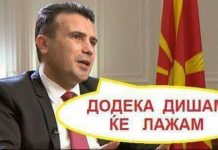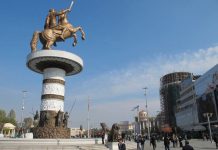Syria has just put a big Western flag in its gas patch. The state-owned Syrian Petroleum Company has signed a memorandum of understanding with ConocoPhillips to develop existing gas fields and hunt for new ones, in a bid to drag the country’s power sector out of wartime ruin. Damascus says the deal could lift gas output by 4–5 million cubic meters per day within a year from today’s battered base.
That target is not trivial. Syria’s domestic gas production has collapsed from 8.7 bcm in 2011 to about 3 bcm in 2023. On a rough cut, that’s around 8 mcm/d today; hitting the ministry’s ambition would mean boosting volumes by roughly 50–60% if everything shows up on time and on spec.
The pitch is straightforward: more gas into the grid, fewer blackouts, and less reliance on emergency molecules from Azerbaijan and Qatar flowing via regional deals and the Arab Gas Pipeline.
But the MoU is as much about geopolitics as kilowatt-hours. Washington has already lifted core oil and transport sanctions on Syria and backed a U.S. consortium led by Baker Hughes, Hunt Energy, and Argent LNG to design a national energy masterplan.
The broader Western strategy, laid out in detail by policy analysts earlier this year, is to pull Syria back into the U.S.–U.K. orbit, lock in long-term energy rights, and dilute Russia’s once-dominant position built around Tartus, Khmeimim, and a web of pre-war upstream deals.
All of this is happening while President Ahmed al-Sharaa is busy proclaiming tightened internal security. Damascus recently trumpeted the foiling of Islamic State plots against the president and used the scare to justify new counterterrorism powers that extend security control over civilian areas.
Western services broadly accept that the IS threat is real but geographically limited, yet the narrative of “stability first, investment second” is proving useful for the new regime.
For ConocoPhillips, the prize is early-mover exposure to a gas market being rebuilt with IMF attention, UN sanctions relief, and heavy U.S. political sponsorship.
The risk is that today’s headline MoU never matures into bankable contracts if security, financing, or politics wobble. In Syria, that’s not a tail risk. It’s the base case you underwrite around.






